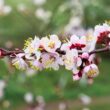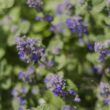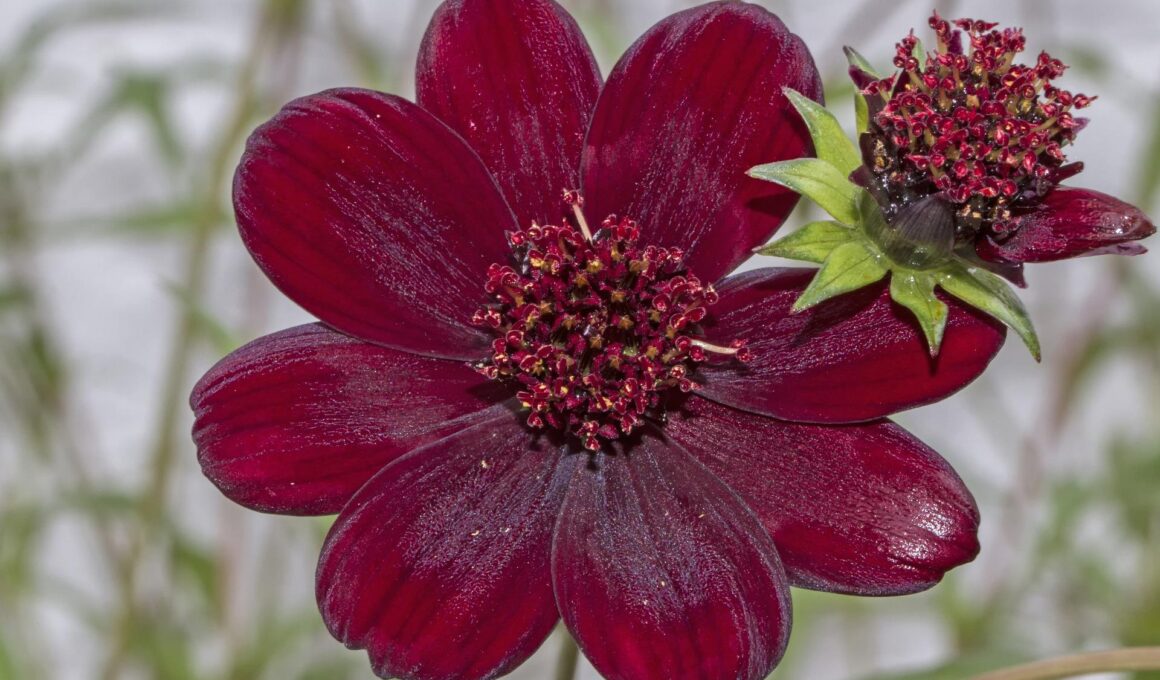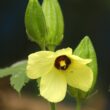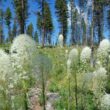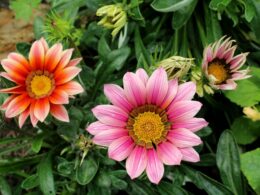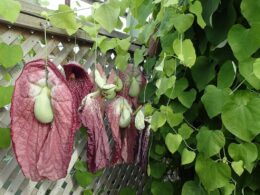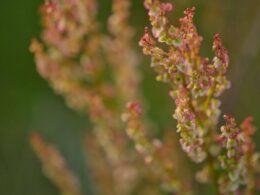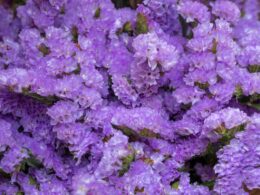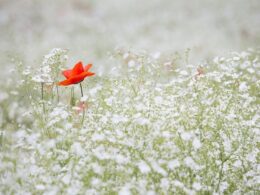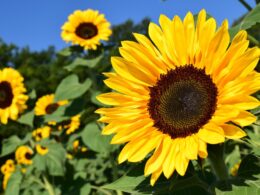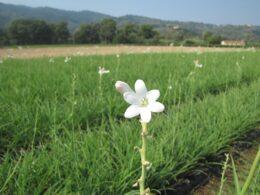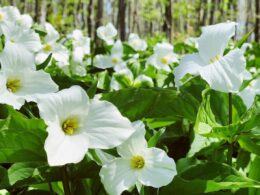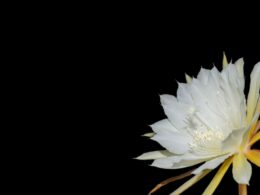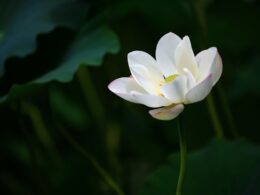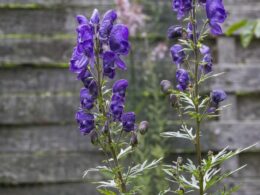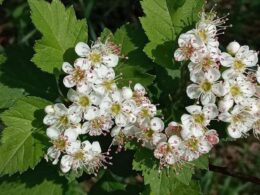Unique Chocolate Scent
The chocolate flower, also known as Berlandiera Lyrata, is a unique and beautiful plant that is native to the southwestern of the North America and can be found in both dry and sandy soils. The chocolate flower is a member of the sunflower family (Asteraceae) and is related to other fragrant flowers such as the Helen’s flower (Helianthus Annuus) and the common yarrow (Achillea Millefolium). Unlike most flowers, the chocolate flower gets its name from its fragrance, which has been described as smelling as chocolate.
Other Properties and Usage
The chocolate flower is a beautiful and unique plant that can add a touch of elegance to any garden. Its beautiful yellow petals are enjoyed through all summer. Unlike most flowers, the chocolate flower blooms in the evening, releasing a sweet fragrance that is sure to delight anyone who catches a whiff. Chocolate flowers will attract butterflies, hummingbirds and other important pollinators to your garden!
The daisy has a strong chocolate scent and can be used to make a variety of tea and tincture. The daisy is also known to have calming and sedative effects, making it a popular choice for those who suffer from anxiety or insomnia. In addition, the daisy is sometimes used as a natural insect repellent. As a result, the chocolate scented daisy is a versatile plant that has many uses.
Chocolate Flower Care
The chocolate flower is a hardy plant that can thrive in a variety of conditions, but it does require some basic care in order to prosper. The plant is relatively easy to care for and does not require a lot of special attention. It requires full sun to grow and does not tolerate shade. Planting in the spring or fall, and be sure to give it plenty of room to grow. The best time to plant the chocolate flower is in the spring, after all danger of frost has passed.
The plant should be spaced 12 to 18 inches apart. Once the chocolate flower is established, it is drought tolerant and does not require much care. Deadheading spent flowers will encourage fresh blooms throughout the season. With a little patience, you will soon be able to enjoy the beauty of this unusual flower. Watering The chocolate flower regularly is important, as the plant does not tolerate drought well. When planting the chocolate flower, make sure to choose a spot that receives full sun.
The chocolate flower is a low-maintenance plant, but it will benefit from occasional fertilization. With proper care, the chocolate flower will bloom from early spring until late summer, providing your garden with a touch of beauty and sweetness.
Berlandiera Lyrata: Health Properties of Greeneyes
Berlandiera Lyrata, more commonly known as chocolate flower or greeneyes, is named for its large, dark-colored flowers, which have a distinctively sweet aroma. Traditionally, chocolate flower has been used by Native Americans for its medicinal properties. Today, the health benefits of this plant are being rediscovered by modern science. Studies have shown that chocolate flower extract can help to protect cells from damage and improve overall health. Additionally, the plant’s antioxidants and flavonoids may help to reduce inflammation and improve circulation. As research continues, it is likely that even more health benefits of this unique plant will be discovered. So go ahead and add a chocolate flower or two to your garden today!



